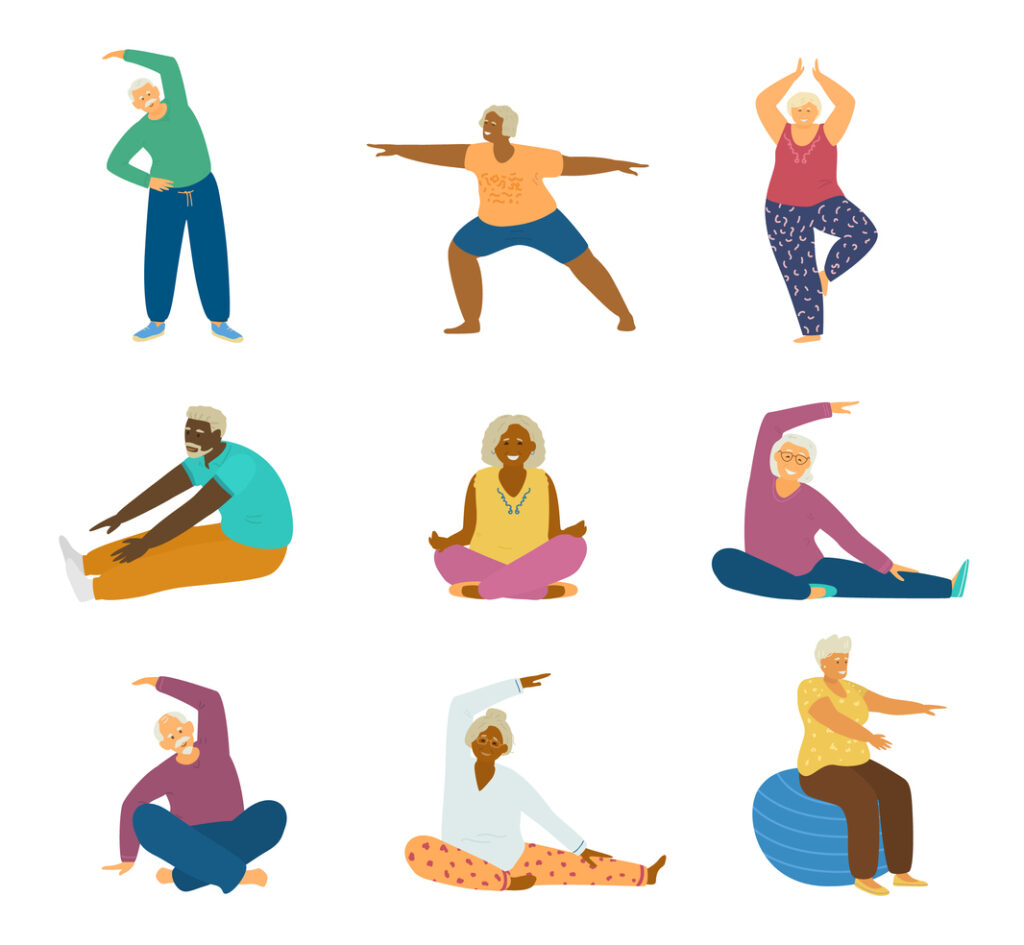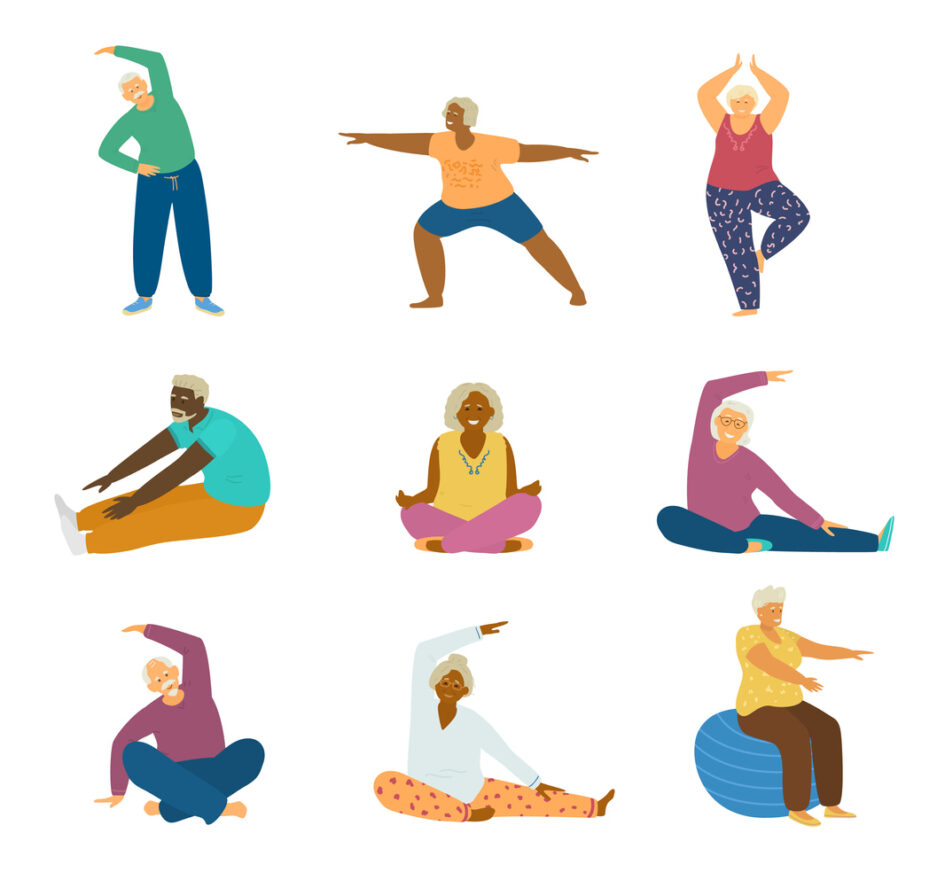
Life may be short, but it’s the longest thing we’ll ever do. Why not make it last even longer? Nowadays, people are living longer, fuller lives. This is due to a lot of factors, better living conditions, better food and medicine, healthier families, etc. Organizations like the Center for Disease Control (CDC), Health and Human Services (HHS), and even the Internal Revenue Service (IRS) have stated that the average American lifespan from 2000 to now has increased between three to five years.
The average life-expectancy is around 80 for men and 85 for women. This is also the average, depending on personal health and family history, there’s the potential to live well into our 90s. So that means, depending on when we retire, we could have 20 to 30 years left to enjoy. With those years, we can age healthier, and make that retirement last even longer.
What is Aging?
Stopping the aging process is impossible, and that’s not a bad thing. With age comes experience and a full life. We’re not here to stop the aging process, but to slow it down a little. Gerontology is the study of aging. A Geriatrician is a medical doctor that specializes in caring for older adults, and gerontologists are professionals in fields related to senior care.
Our bodies age, simply because our cells age. Our cells divide repeatedly, while performing basic bodily functions. The older the cell, the slower it’ll perform its job. Older cells result in our bodies continued aging.
Evolutionary-wise, there’s no one reason behind the speed at which we age, although researchers have plenty of theories. We know for certain that our environment plays a pivotal role in how fast or how slowly we age. Genetics also plays a role in how fast we age; for instance, if our families are prone to mental illness or heart health, it can age our bodies quicker.
How Can We Age Healthier?
To age healthier, we can start picking up healthier habits and lifestyles today. The U.S. Department of Health and Human Service, as well as the National Institute on Aging share their advice on how to age well. They share a lot of information that we’ve all heard about before: eat healthy, stay fit, be better, etc. Yes, all of that is true, there is a separate way to look at it; that one type of health effects another, and a healthy mind and body ages slower.
The Harvard Gazette covers the topic of aging healthier. Healthy aging can be broken down into four categories: physical health, mental health, emotional health, and longevity. Another goal we can shoot for is a long “health-span,” or the period where we are in our best health.
Physically Healthier
Exercise and eating well is the most common forms of becoming healthier. Avoiding sugar and other processed foods, in favor of natural foods, can help bodily functions and promote stronger health. Simple activity like walking or yoga helps our bodies to burn calories and fat, without putting much physical stress on our muscles and joints. As our bodies physically age, we can still maintain good physical health by prioritizing our metabolism and how we use our energy.
Mentally Healthier
Secondly, being aware of what, if any, mental illness runs in your family. A family history of Alzheimer’s or dementia can put you at greater risk for those diseases. Exercise and proper nutrition can help strengthen our minds, giving our brains proper fuel to operate. Avoiding addictive substances, like sugar, alcohol, or nicotine can also help strengthen our mental health and help us slow the aging process.
Emotionally Healthier
It’s a lesser-known fact, but elevated levels of stress can make us age faster. Stress is a natural part of life, as we deal with things out of our control; however, how we communicate and react to that stress can make a world of difference when it comes to our health. Positive thinking and happy people live longer. That by no means that we must be happy all the time, but by letting go of negative emotions more often, we can lighten our emotional and mental load. Sharing our feelings in any healthy manner, whether as a group, with a therapist, or with a loved one, can help us live a longer, more fulfilled life.
Additionally, finding a sense of purpose and belonging can make it easier for us to live a longer life.
Prioritize Your ‘Health-Span’
Getting older is healthy, and it should be a goal we all have. More importantly, getting older healthily is a goal we should all have too. We can’t control our own mortality but we can control how we age. Prioritizing physical, mental, and emotional health will add to our longevity. We all want to live longer, and if we want to enjoy a longer life it needs to be as healthy as possible. With age comes knowledge, experience, and adventure; when we age healthier, we can gain even more experience and adventure that life has to offer.
